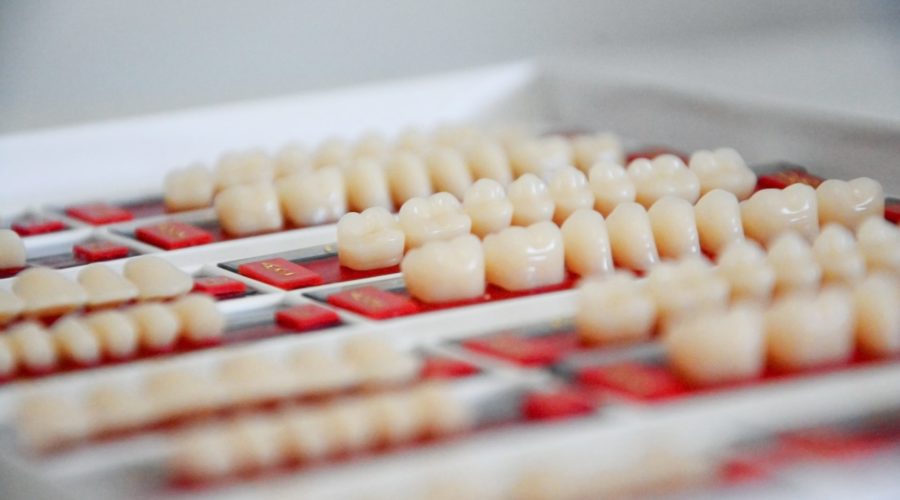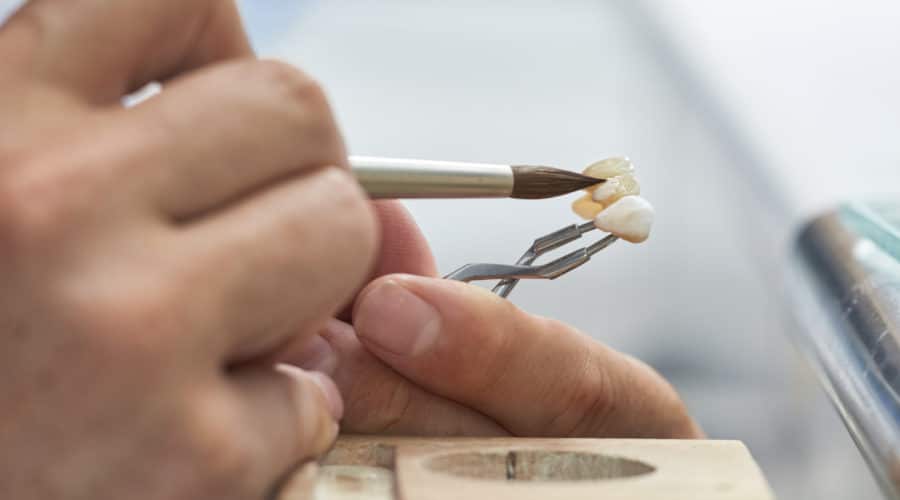Dental crowns are used to repair broken and damaged teeth, restoring normal function and appearance to the wearer. Because of their effectiveness and affordability, crowns are some of the most common restorations used in America. In fact, the American Academy of Implant Dentistry reports that there are 15 million people who currently have crowns in the U.S. alone.
Could You Benefit from a Dental Crown?
A crown may be right for you if you have a tooth that would otherwise require an extraction in the future. The crown’s functional purpose is to provide a protective shell around a tooth that may be susceptible to infection. This allows patients to retain their natural tooth root, preventing bone loss and the need for a bridge or dental implant. In patients who have undergone an extraction, a crown may still be used to anchor a restoration or restore a normal chewing surface above the gum line.
You may need a dental crown if:
- A trauma caused your tooth to crack, chip or break
- You wish to restore a tooth following a root canal
- You have teeth that have been weakened by decay or fillings
- You need to hold a dental bridge in place
- You wish to disguise a cosmetic flaw, such as extreme tooth discoloration
- You need to cover a dental implant
What to Expect from Your Crown
Today’s dental patients are in greater control of their restorations than ever before. There have never been as many options for dental crowns as there are now, ranging from stainless steel and gold alloys to resin caps and ceramic crowns. Of these, tooth-colored crowns are most popular, as they are virtually undetectable to other people and can be custom made to match the appearance of surrounding teeth.
In most cases, people who get crowns will not need to follow any special instructions to maintain them. Crowns should be brushed daily the same as other teeth, and they are made for long-lasting durability. However, you may need to avoid foods that are particularly sticky or hard, as they could break or dislodge your crown.
For more information about crowns or to find out if they may be right for you, schedule a consultation with your dentist or contact our office today.




